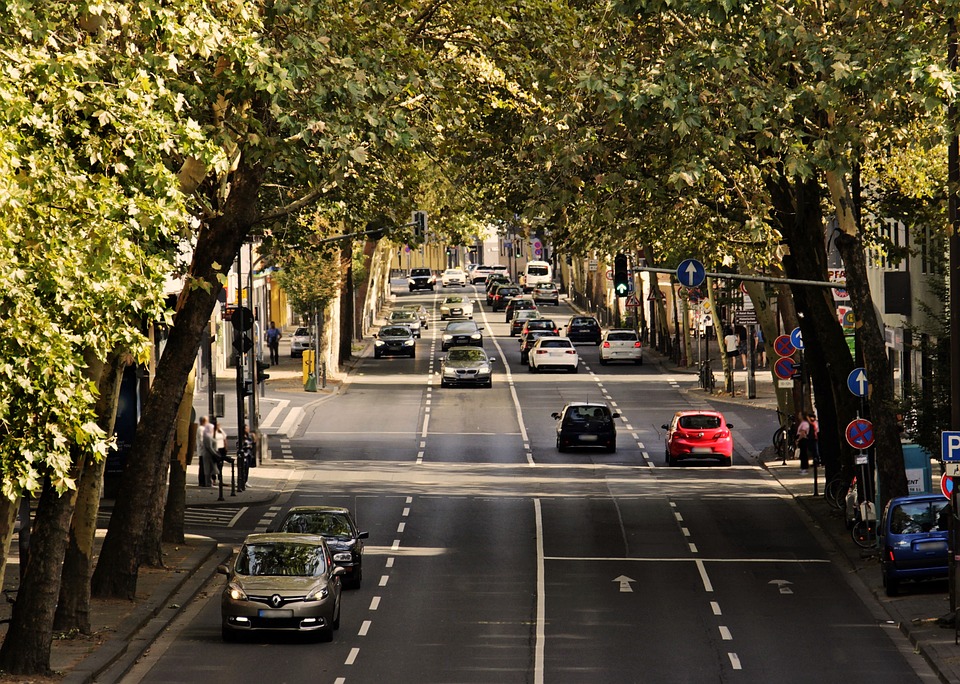Are you curious about what happens if you unplug your fuel pressure regulator in your car? You’ve come to the right place! In this blog article, I will walk you through the potential consequences of disconnecting your fuel pressure regulator and provide you with a comprehensive guide on what to do next. Whether you’re experiencing issues with your vehicle or simply want to learn more about how it works, I’ve got you covered!
With over 10 years of experience in the automotive industry, I’ve seen it all when it comes to car-related issues. Since 2013, I have been providing expert advice and guidance to help car owners better understand their vehicles and how to properly maintain them. When it comes to topics like “What Happens If I Unplug My Fuel Pressure Regulator”, you can trust that I have the knowledge and expertise to provide you with accurate and helpful information. So sit back, relax, and let’s dive into the world of fuel pressure regulators together!
What Happens If I Unplug My Fuel Pressure Regulator
Understanding the Function of a Fuel Pressure Regulator
Fuel pressure regulators are crucial components of a vehicle’s fuel system. They are responsible for regulating the pressure of fuel that is delivered to the engine. This ensures that the engine receives the correct amount of fuel at all times, which is essential for efficient and reliable performance. Without a properly functioning fuel pressure regulator, the engine may not receive enough fuel, leading to poor performance, or it may receive too much fuel, which can result in engine flooding or other serious issues.
In essence, the fuel pressure regulator acts as a gatekeeper, controlling the flow of fuel to the engine to maintain optimal pressure levels. It achieves this by using a diaphragm and spring mechanism to adjust the pressure based on the engine’s needs. When this system is disrupted, either by a malfunction or by unplugging the regulator, it can have significant consequences for the vehicle’s performance.
Potential Consequences of Unplugging the Fuel Pressure Regulator
Unplugging the fuel pressure regulator can have a variety of negative effects on your vehicle’s performance. One of the most immediate consequences is a disruption in the fuel delivery system, which can lead to a misfire or stalling of the engine. This is because the engine may not be receiving the correct amount of fuel, resulting in erratic performance.
Additionally, unplugging the fuel pressure regulator can also cause an increase in fuel consumption, as the engine may be receiving more fuel than it actually needs. This can lead to decreased fuel efficiency and increased emissions, which can be harmful to both the environment and your wallet.
Furthermore, running the engine without a functioning fuel pressure regulator can also cause damage to other components of the fuel system, such as the fuel injectors or fuel pump. This can result in costly repairs down the line and decreased overall performance of the vehicle.
Steps to Address the Issue
If you have accidentally unplugged your fuel pressure regulator or are experiencing issues with its functionality, it is important to address the issue promptly to avoid further damage to your vehicle. The first step is to safely reconnect the fuel pressure regulator to ensure that the fuel system is working properly.
If you are unsure how to do this, it is recommended to consult a professional mechanic who can assist you with diagnosing and repairing the issue. They will be able to test the regulator for proper function and make any necessary repairs or adjustments to ensure that your vehicle is running optimally.
In some cases, if the fuel pressure regulator is damaged beyond repair, it may need to be replaced entirely. This is a relatively straightforward process that can be done by a qualified mechanic in a timely manner.
Importance of Regular Maintenance
To avoid issues with your fuel pressure regulator and other components of the fuel system, it is crucial to maintain your vehicle regularly. This includes routine inspections of the fuel system, including the fuel pressure regulator, to ensure that everything is working properly.
Regular maintenance can help to identify any potential issues before they become more serious and costly to repair. It can also help to extend the lifespan of your vehicle and improve its overall performance and fuel efficiency.
By staying on top of maintenance tasks and addressing any issues promptly, you can keep your vehicle running smoothly and avoid unexpected breakdowns or repairs. This will not only save you time and money in the long run but also ensure that your vehicle remains safe and reliable for years to come.
TruckingCareers.org’s Expertise in Fuel System Maintenance
With over 10 years of experience in the field of trucking and automotive maintenance, TruckingCareers.org has a deep understanding of the importance of proper fuel system maintenance. Since 2013, we have been providing valuable insights and resources to truck drivers and automotive enthusiasts to help them keep their vehicles running smoothly.
Our team of experts is well-versed in all aspects of fuel system maintenance, including fuel pressure regulators, and can provide tips and advice on how to address common issues and prevent future problems. By leveraging our expertise and experience, you can ensure that your vehicle remains in top condition and avoid costly repairs down the line.
Conclusion
In conclusion, unplugging your fuel pressure regulator can have serious consequences for your vehicle’s performance and overall health. It is important to understand the function of the regulator and address any issues promptly to avoid further damage to your vehicle. By following the steps outlined in this article and staying on top of regular maintenance tasks, you can keep your vehicle running smoothly and efficiently for years to come. Remember to consult a professional mechanic if you are unsure how to address the issue or if you need assistance with repairs.
FAQs on What Happens If I Unplug My Fuel Pressure Regulator
Q: What happens if I unplug my fuel pressure regulator?
A: The fuel pressure regulator controls the pressure of fuel entering the engine, so unplugging it could result in inconsistent fuel pressure and potential engine performance issues.
Q: Will it harm my engine if I unplug my fuel pressure regulator?
A: Unplugging the fuel pressure regulator can potentially harm your engine by causing fuel delivery problems and engine misfires.
Q: Can I drive my car without a fuel pressure regulator?
A: It is not recommended to drive your car without a functioning fuel pressure regulator, as it can lead to engine damage and safety hazards.



